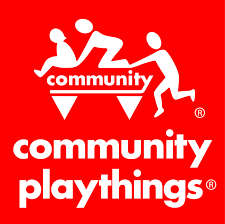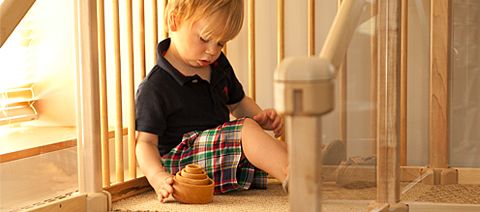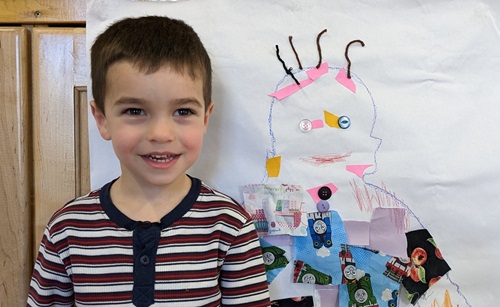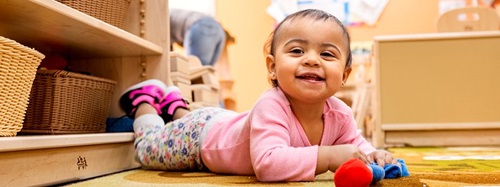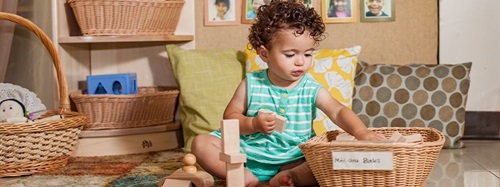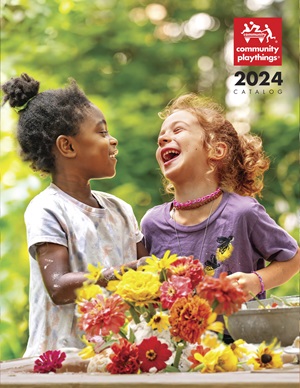Toddler Play
| September 2011As children emerge from the first year of life and become toddlers, their world expands in a multitude of exciting and challenging ways. They are up and moving under their own volition and between 18 months and three years their gait will become smooth and increasingly purposeful. They will begin to run, climb, squat, feed themselves with some accuracy, and begin to learn a few socially acceptable behaviors. Some will learn to use the toilet, and some will not! Some will speak fluently in full sentences and with descriptive phrases, while others continue to use single words, short phrases or brief sentences. Occasionally frustration at not being able to express themselves clearly can become frustrating, forcing them into what parents refer to as a “melt down”. Most temper tantrums seem to result from their inability to establish mastery over an episode or need that to them is overwhelming. Toddlers are explorers and almost everything they see, hear, touch, taste or smell becomes subject to their examination and experimentation. Opportunities forthese sensory explorations provides fuel for their rapidly developing brains, so that by three years of age a child is almost breathtakingly more physically and cognitively advanced than he or she was at 18 months.
Erik Erikson has described the developmental challenge of toddlerhood as one of realizing that one is a person, separate and apart from beloved caregivers and parents and able, both physically and psychologically, to stand alone. Erikson defined this process as establishing “autonomy”. Struggling to become a person in one’s own right is both thrilling and frightening. Toddlers swing between moments of being independent and competent to moments of seeming to regress to an earlier stage of dependence. These swings make it hard for adults to know what will happen next. One minute a toddler will be happily engaged in a finger play or simple game—and the next she is either walking away from what has engaged her, or loudly protesting that the activity is not proceeding in precisely the way that pleases her. To call these protests manifestations of “spoiled” behavior, or indications that the child simply “wants her own way” is to fail to recognize that toddlers are working hard to understand the world and all its complexities, and that sometimes what appears simple to adults is mysterious, sometimes deeply troubling, to a child.
Planning well for toddlers in a group program requires not only an understanding of the age group but a large reservoir of patience, sympathy and good humor! As each toddler emerges from babyhood, temperamental traits, and the influences of family, neighborhood and culture have profound effects on the kind of person the child is becoming. Some toddlers are active from the get-go. Others prefer to be more sedentary. Some are outgoing and welcome contacts with other people. Others are more reticent and may hide behind an adult while they figure out if a new person or situation is to be trusted. Some love group activities and are enthusiastic about joining a group to listen to a story or to sing lustily. Still others may listen and observe, reciting the words of the story or song when they reach the safety and privacy of home. Because they are new to the rules of social intercourse toddlers often resort to primitive ways of interacting with peers. They may grab, shriek, bite, kick, hit or use other means of direct expression. They need adult coaching “Use words to tell her what you mean!” and adult models of appropriate behavior if they are to learn culturally approved methods of communication and interaction.
The implications of toddler characteristics for program planning are as follows:
- Keep groups small. Ten children and two adults in a group program, and perhaps as many as fifteen children if each is accompanied by an adult, such as in a short library program.
- Be flexible! If a story doesn’t seem to work, organize a parade or activity song instead.
- Be prepared for toddlers to wander away from the group to pursue an individual exploration or activity. It’s not necessary to force them to return. Individual pursuits are fine.
- Insist that adult companions participate in the activities, stories etc. Toddlers need role models!
- Have fun! Delight and pleasure are contagious. If you love what you are doing, toddlers will too!
